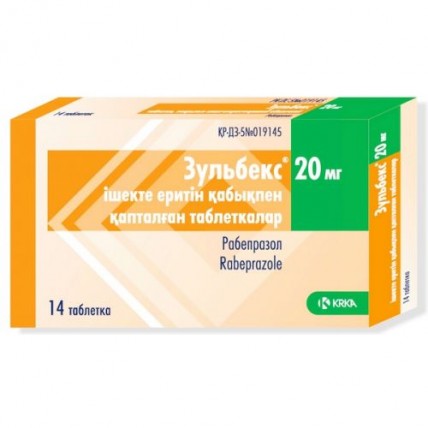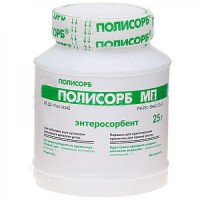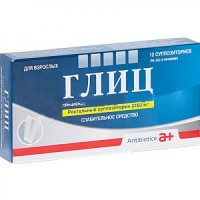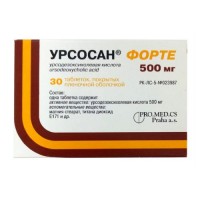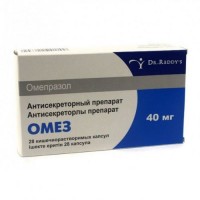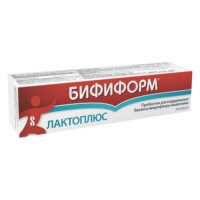Zulbex® (Rabeprazole) 20 mg, 14 tablets
- $20.10
What is Zulbex (Rabeprazole)?
Zulbex (Rabeprazole) is a medication designed to treat conditions caused by excessive stomach acid. It belongs to a class of drugs known as proton pump inhibitors (PPIs), which work by reducing the amount of acid produced in the stomach.
This reduction helps heal and prevent damage to the esophagus and stomach lining.
Zulbex is commonly prescribed for treating gastric and duodenal ulcers, gastroesophageal reflux disease (GERD), and is also used in combination with antibiotics to eradicate Helicobacter pylori, a bacteria often associated with ulcers.
The most common dose for Zulbex is 20 mg, and it comes in tablet form with an enteric coating, which ensures the medication is released in the intestine rather than the stomach.
This feature is important to protect the medication from being broken down too quickly by stomach acid.
What conditions can Zulbex treat?
Zulbex is effective in treating a range of acid-related conditions, including:
- Stomach ulcers (gastric ulcers) and duodenal ulcers, especially during flare-ups. These ulcers can cause pain, discomfort, and even bleeding if left untreated. Zulbex helps to heal these ulcers by reducing stomach acid production, giving the stomach lining time to repair itself.
- Gastroesophageal reflux disease (GERD), particularly in its erosive or ulcerative forms. GERD occurs when stomach acid frequently flows back into the esophagus, leading to irritation. Zulbex helps reduce acid reflux and allows the esophagus to heal.
- Long-term management of GERD: For some patients, GERD symptoms require ongoing treatment. Zulbex can be used for maintenance therapy to keep symptoms under control and prevent further damage to the esophagus.
- Zollinger-Ellison syndrome: This is a rare condition where the stomach produces excessive amounts of acid. Zulbex is one of the preferred treatments for managing this condition, helping to control acid production over the long term.
- Eradication of Helicobacter pylori: When used alongside antibiotics, Zulbex helps eliminate H. pylori infections in patients with ulcers. This combination therapy not only treats the ulcers but also targets the underlying bacterial cause, reducing the risk of ulcer recurrence.
How should I take Zulbex?
Zulbex tablets should be taken orally with a glass of water, usually once a day in the morning, or as directed by your doctor. The tablets must be swallowed whole without chewing, crushing, or splitting them. This is crucial because the tablet's enteric coating is designed to ensure the medication reaches the intestines before it is released. Breaking or chewing the tablet could result in the medication being released too early, reducing its effectiveness.
For conditions like GERD or ulcers, treatment duration may vary:
- For duodenal ulcers, most patients find relief within four weeks, though some may require an additional four weeks of therapy.
- For stomach ulcers, healing typically occurs within six weeks, but some patients may need up to twelve weeks for full recovery.
- In GERD, treatment can last four to eight weeks, depending on the severity of the condition.
In cases of Zollinger-Ellison syndrome, the dosage may be higher, and patients may require long-term treatment under careful medical supervision. For patients being treated for Helicobacter pylori, Zulbex is usually taken twice a day, in combination with antibiotics for seven days.
Are there any precautions before using Zulbex?
Before starting Zulbex, it is important to consider several precautions:
- Rule out malignancy: Reducing stomach acid can mask the symptoms of more serious conditions, like stomach cancer. Therefore, it’s important to have any underlying causes investigated by your healthcare provider before starting treatment.
- Long-term use monitoring: If you are taking Zulbex for an extended period (especially for more than a year), you should undergo regular check-ups. Long-term use of PPIs has been associated with risks like osteoporosis-related fractures and low magnesium levels (hypomagnesemia). Regular testing may be needed to monitor your health.
- Age restrictions: Zulbex is not recommended for use in children or adolescents under 18 years of age due to a lack of sufficient studies in this age group.
- Pregnancy and breastfeeding: Zulbex is not recommended during pregnancy or while breastfeeding, as its safety in these situations has not been fully established. Speak to your doctor if you are pregnant, planning to become pregnant, or breastfeeding.
Can Zulbex interact with other medications?
Yes, Zulbex can interact with other medications, and it’s important to let your doctor know about all the drugs you are taking. Some medications require an acidic stomach environment for absorption, and Zulbex’s acid-reducing effect can interfere with their effectiveness.
Examples of possible interactions include:
- Ketoconazole and Itraconazole: These antifungal medications rely on stomach acidity to be properly absorbed. Taking them alongside Zulbex can reduce their effectiveness.
- Atazanavir: This HIV medication is also affected by changes in stomach acidity, and therefore, it is not recommended to take it alongside Zulbex.
- Methotrexate: High doses of methotrexate, a drug used in cancer therapy, can interact with Zulbex, leading to increased levels of methotrexate in the blood and potentially causing toxicity.
What are the potential side effects of Zulbex?
Like all medications, Zulbex may cause side effects, although not everyone will experience them. Common side effects include:
- Headaches
- Diarrhea
- Nausea
- Abdominal pain
- Flatulence
- Infections of the respiratory or urinary tract
More serious, but less common, side effects include:
- Blood disorders, such as thrombocytopenia (low platelet count) or neutropenia (low white blood cell count). These can increase your risk of infections or bleeding.
- Changes in liver enzymes: Some patients may experience liver issues, including an increase in liver enzymes, which can be detected through blood tests.
- Low magnesium levels: Prolonged use (over three months) of PPIs like Zulbex can lead to hypomagnesemia, which may cause symptoms like fatigue, dizziness, muscle cramps, or irregular heartbeats.
If you notice any persistent or severe side effects, it is essential to contact your healthcare provider for further advice.
How should I store Zulbex?
Zulbex should be stored in its original packaging to protect it from moisture and light. It should be kept at a temperature below 30°C (86°F), in a dry place. Always ensure that the medication is stored out of reach of children. Be mindful of the expiration date, and do not use the medication after this date has passed.
What should I do if I miss a dose?
If you miss a dose, take it as soon as you remember. However, if it is almost time for your next dose, skip the missed dose and continue with your regular dosing schedule. Do not double up on the next dose to make up for the missed one.
